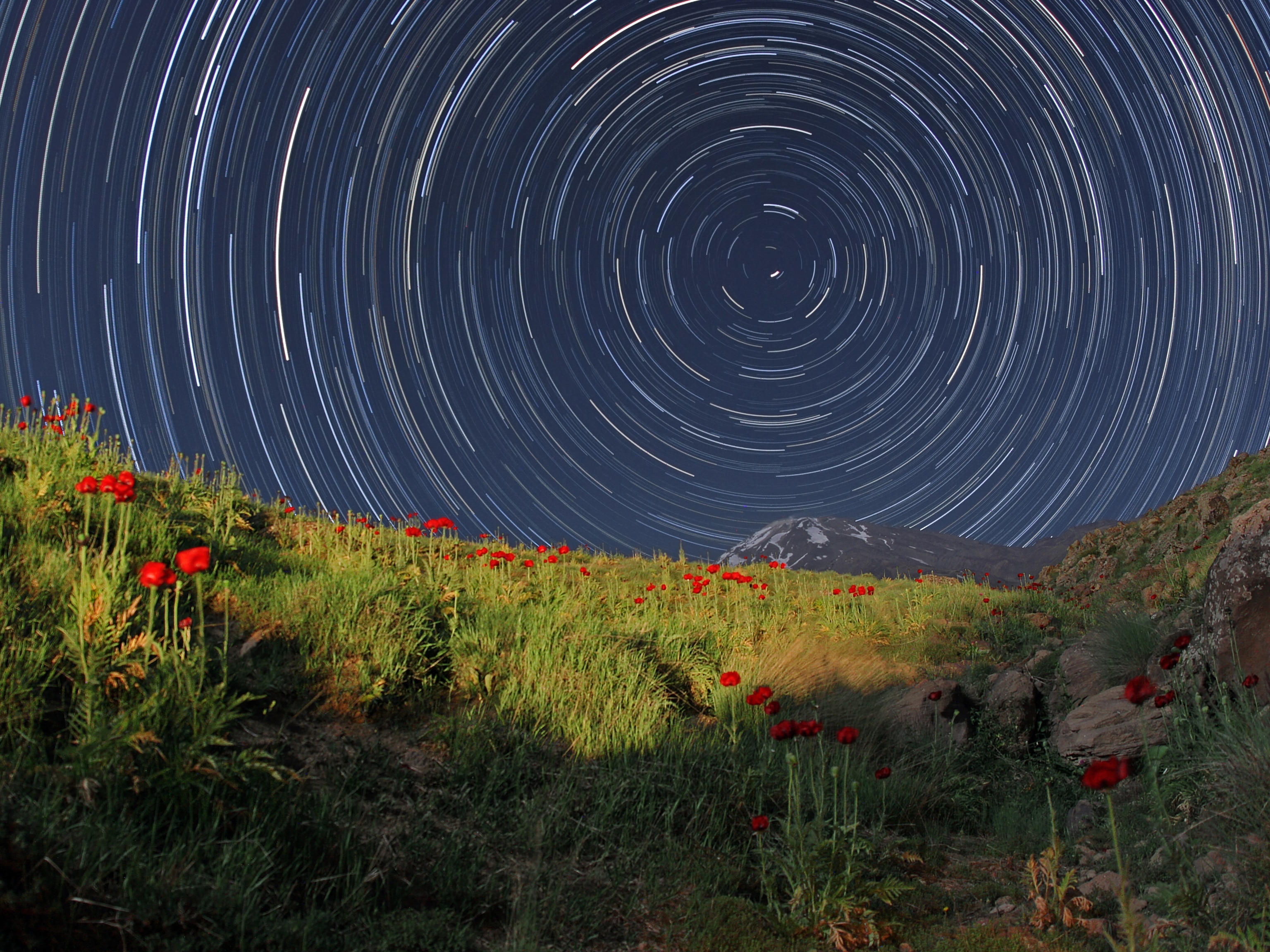
April Fools' Day: Why Is It Prime Time for Pranks?
Plumb the murky origins of April Fools' Day—and find out how straight-faced scientific research can be sillier than the wackiest pranks.
For the eager prankster, nothing beats the centuries-old tradition of April Fools' Day.
"A lot of people think [April Fools' Day] is just obnoxious, and just wish it would stop," said Alex Boese, curator of the Museum of Hoaxes in San Diego, California. (Read an April Fools' Day Q&A with the Museum of Hoaxes curator.)
"But people who love pranks really love the day and refuse to give up the tradition. They're the ones who keep it alive," Boese told National Geographic News in 2008.
He said, however, that the number of pranks in the home and at the office has decreased in recent years in the United States, and has been replaced by large institutionalized media hoaxes.
(Related: "April Fools' Day Special: History's Hoaxes".)
April Fools' Day Origins a Mystery
The origins of April Fools' Day are shrouded in mystery, experts say.
The most popular theory is that France changed its calendar in the 1500s so that the New Year would begin in January to match the Roman calendar instead of beginning at the start of spring, in late March or early April.
However, word of the change traveled slowly, and many people in rural areas continued to celebrate the New Year in the spring. These country dwellers became known as "April fools," the story goes.
But Boese, who's studied the holiday's origin, said the "theory is completely wrong, because the day that the French celebrated the beginning of the year, legally, was Easter day, so it never really was associated with April first."
"Traditionally it was only a legal start to the year—people in France did actually celebrate [the New Year] on January first for as long as anybody could remember."
Boese believes instead that April Fools' Day simply grew out of age-old European spring festivals of renewal, in which pranks and camouflaging one's identity are common.
Today in France, April Fools' Day is called le poisson d'Avril—"the April fish"—and a classic prank is to stick a paper fish to an unsuspecting passerby's back.
(Related: "April Fools' Day on Mars: Scientists Post Yearly Photo Joke.")
April Fools' Day: The Joke's on Us
Joseph Boskin, professor emeritus of American humor at Boston University, has offered his own interpretation of the holiday's roots—as a prank.
In 1983 Boskin told an Associated Press reporter that the idea came from Roman jesters during the time of Constantine I in the third and fourth centuries A.D.
As the story goes, jesters successfully petitioned the ruler to allow one of their elected members to be king for a day.
So, on April first, Constantine handed over the reins of the Roman Empire for one day to King Kugel, his jester. Kugel decreed that the day forever would be a day of absurdity.
Kugel, incidentally, is an Eastern European dish that one of Boskin's friends had been craving.
The news agency was less than thrilled about the gambit, Boskin said. "I thought I should have been complimented for a quacky, quirky story that was fitted to the occasion."
(April Fools' Day Pictures: Six Animal Hoaxes.)
Fact or Fiction: How About Both?
According to Marc Abrahams, creator of the Ig Nobel Prizes, traditional April Fools' Day fake news is being out-absurded by actual discoveries.
Every year the Ig Nobel Prizes in science, medicine, and technology are awarded for research that "first make people laugh, and then make them think."
In 2010 prizes went to legitimate research that found a new way to collect whale snot using a remote-controlled helicopter, proved that swearing does indeed relieve pain, and revealed that asthma can be treated with roller coaster rides.
"The real stuff is funnier, simply because it is real," said Abrahams.
"In that sense, the things that are real and funny are a superior form of April Fools' joke, because you can tell them and people will think you are making it up."





